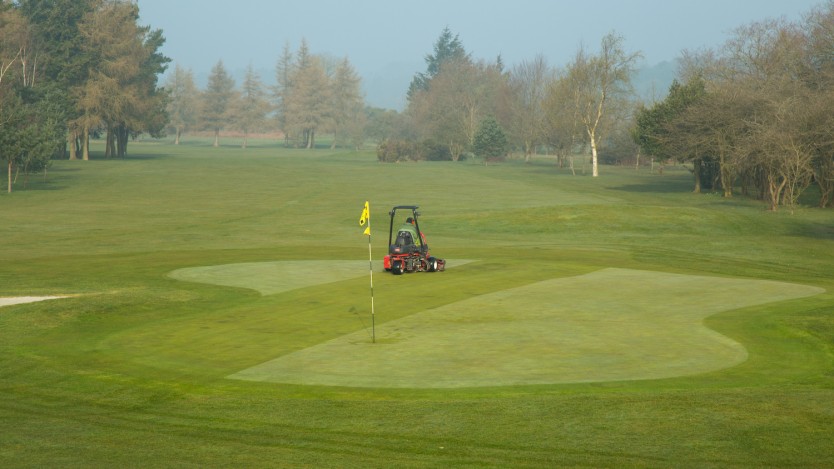Time is running out for those clubs who are not complying with either The Environmental Permitting (England and Wales) Regulations 2010 , the Groundwater Regulations (Northern Ireland) 2009 or The Water Environment (Controlled Activities) (Scotland) Amendment Regulations 2013, which all legislate against the discharge of contaminated water into the water environment.
In essence this means that clubs will be liable for prosecution if they have not taken steps to ensure their machinery wash down areas comply with the above legislation before 31st December 2015. The Criminal and Civil penalties include a criminal fine of up to £50,000 and up to 3 months imprisonment if the pollution is serious. There is also the risk of a Variable Monetary Penalty of up to £250,000.
There are four options listed below that, if implemented, will help to ensure your club is compliant:
- The wash down of machinery takes place on a positively drained wash pad with all contaminated water collected in a sump. This is then removed and disposed of by a licensed waste management contractor.
- The wash down of machinery takes place on a positively drained wash pad with all contaminated water fed into a mechanical water recycling system where it is cleaned and can be re-used or discharged.
- The wash down of machinery takes place on a positively drained wash pad with all contaminated water fed by sealed pipe into a dedicated and bespoke reed bed system, where it is cleaned sufficiently for discharge or re-use.
- The wash down of machinery takes place on a positively drained wash pad with all contaminated water discharged to foul sewer. The discharge is then no longer the concern of the Environment Agency but it is up to the local sewerage contractor to decide whether they will allow the discharge into their system without the contaminants being removed. If you are discharging contaminated water to the sewerage system then you must confirm with the sewerage contractor that you have full permission to do so.
The above options will be legal requirements for almost all golf clubs in the UK. However, there are circumstances, relating to the type of substrate that is receiving the contaminated water, in which a club may be permitted to discharge without prior cleansing. As such, it is worth contacting the Environment Agency to have your individual situation confirmed.
Further information on pollution and legislation for clubs can be obtained from the Environment Agency. For clubs in Scotland and Northern Ireland, NetRegs is also a useful source of environmental guidance.
By GCMA



